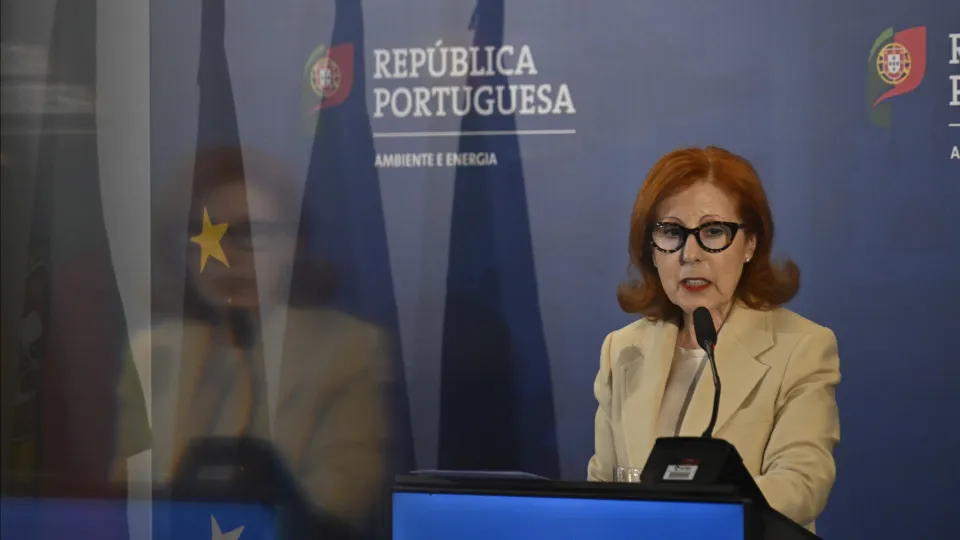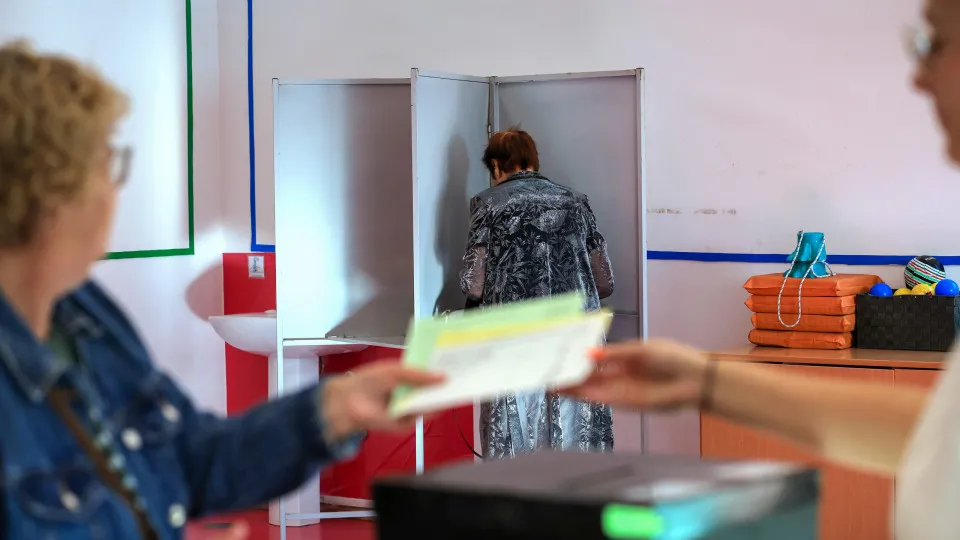
The adaptation to climate change has now taken center stage in negotiations, as avoiding all impacts is no longer possible, stated Maria da Graça Carvalho during a preparatory meeting that concludes today in Brasília for the United Nations Conference on Climate Change (COP30), scheduled from November 10 to 21 in Belém, Brazilian Amazon.
“We must learn to minimize them [the impacts of climate change],” emphasized the Portuguese minister, who coordinated the adaptation working group with her Angolan counterpart at the ‘Pré-COP30’.
The impacts of climate change are already evident in the increased frequency and severity of droughts, floods, agricultural crises, fires, and pressure on health and water, making the importance of adaptation a point of broad agreement.
Maria da Graça Carvalho highlighted the consensus on indicators: “It is necessary to have data, quality data, there’s a great agreement on this,” she noted, adding the existence of agreements on “looking at concrete cases.”
Financing remains a sensitive issue, with ongoing discussions about including adaptation in the $1.3 trillion package decided at COP29 in Baku, November 2024.
“There was no explicit agreement, and we had a wide variety of countries and groups discussing the issue,” said the minister.
Nevertheless, Maria da Graça Carvalho emphasized the role Portugal can play due to its “great ease in negotiating” and serving as a mediator between different blocs, with the Portuguese language being an unlocking factor.
Portugal thus took the reins of one of the three priority axes for the Brazilian presidency of COP: mitigation, adaptation, and just transition.
According to the Minister of Environment, Portugal’s goal is to ensure that the climate transition is fair, inclusive, and supported by public policies that assist the most vulnerable and those most affected by the impacts.
Simultaneously, the Brazilian presidency presented an initiative for the Tropical Forests for Life Fund (TFFF) and the “Call to Action on Integrated Fire Management and Wildfire Resilience,” expected to be approved at a summit of heads of state and government scheduled for November 6 and 7 in the capital of Pará.
Chile proposed including temperate forests in this fund, which could extend its reach and ultimately benefit Portuguese forests.
“In our case, it would be interesting, but we also understand that tropical countries face more difficulties,” said the minister, explaining that this decision also involves the Ministry of Foreign Affairs and the prime minister.
Delegations from about 70 countries, including Portugal and Angola, are meeting today in Brasília seeking consensus on financing climate change combat less than a month before the opening of COP30, considered decisive.
Brazil urged delegations to present the NDC (Nationally Determined Contributions) a week after the COP30 president, André Corrêa do Lago, expressed “frustration” with the pace of target delivery that countries commit to achieving.
At COP29, wealthier countries pledged to contribute $300 billion annually, three times more than previously decided; this amount has never been disbursed, a constant complaint from Lula da Silva.
Ten years after the Paris Agreement, the financial commitments made by more developed countries have yet to be fully fulfilled, and the current multilateral system crisis poses a new obstacle.




